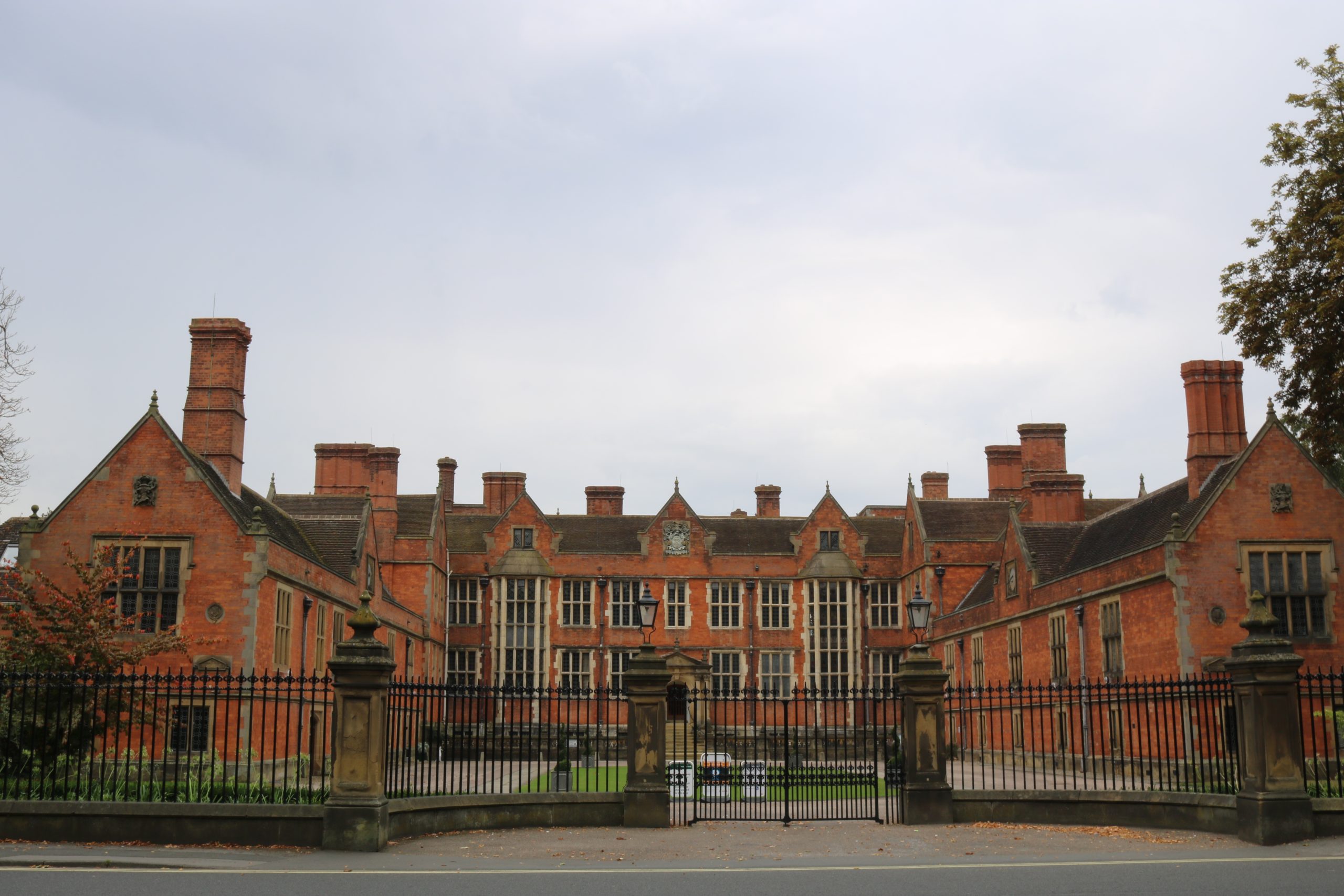In an opinion piece published earlier this year, and a piece in the Financial Times last year, our Vice Chancellor Charlie Jeffery has been particularly vocal about the issues facing the university sector.
Labelling the British university funding system as ‘broken’, Jeffery openly admitted that UK home students rack up ‘some of the highest levels of debt in the world’, and urgently called for the government, and for the public, to debate ‘what and who our universities are really for.’
Outlining a ‘10 point plan’, Jeffery argues for a new funding model for universities, refreshed relationships with the public and private sector, and a different approach to international students.
So, what’s in Jeffery’s plan?
A dedicated government higher education department
In the first three points, Jeffery calls for one key thing: a single, unified government department dedicated to the higher education sector (i.e. universities offering degree programmes, colleges offering apprenticeships etc.).
He claims that by having one minister in charge of the department, they will be able to ‘have a clear view of the big picture of universities’. They will be able to sort out funding flows for both teaching and research, and will better help sort out visa regulations (a current nightmare for international students).
He also advises that this new department take a medium-term view on ‘unwinding’ and ‘refining’ the current funding model and rebalancing it particularly for publicly funded research and for teaching home undergraduates.
However, as part of this strategy, he does mention ‘capitalising’ on the economic innovation flowing from the University’s research output, and aligning skills of graduates and further education students with ‘economic priorities’ (i.e. making graduates more equipped with skills to meet shortages in the UK labour market). He is also firmly a believer in making the market ‘more productive’ so and that it ‘takes advantage of new technologies’.
Working closely with local government
With York and North Yorkshire electing its first ever Mayor, David Skaith, this year, the Vice Chancellor wants to work closely with the new Combined Authority to create new jobs and ‘inward investment’ in the region.
Fixing student funding…for all students
Another key point Jeffery talks about is making the student loan system more fair so that ‘bankers don’t pay less for their degrees than teachers.’ Under the current repayment process, thresholds for higher earners don’t seem to be proportionate to the thresholds for those on lower incomes, meaning that (though loans like the yearly tuition fee are theoretically the same price for average home students at £9,250) the ‘cost’ of paying back that loan will be felt differently depending on the salary of your career.
In calling for a student funding ‘fix’, Jeffery also calls for reinstating the ‘inflation-indexed maintenance grants’ (i.e. non-repayable loans) so that students from disadvantaged backgrounds don’t have to work overtime in part- time jobs to fund their degrees (while those from privileged backgrounds can recklessly spend their loans on clubbing and 3 am takeaway food).
Strengthening international trade partnerships…using students?
The Vice Chancellor makes two points openly endorsing international student programmes, seeing universities as ‘a crucial component of international trade deals’ with countries such as India. Here he talks about a ‘long-term engagement and partnership strategy.’ This approach may explain why he met up with the Chinese Ambassador last July – seeing international students not just as people, but as economic tools and a way to strengthen international trade partnerships and political relations. The emphasis clearly seems to be on mutual financial gain and global partnerships, rather than focussing too much on the individuals involved (i.e. the quality of an international student’s experience here at York). Jeffery also says that international students’ statuses need clarifying so that they don’t get ‘controversially’ classed as ‘long-term migrants’ but as valuable ‘short-term visitors’. Again, this seems to link into the University’s strategy of having a high turnover of international student residents each year, paying less attention to the effect this may have on other factors such as the local community..
Unions: stop striking
Jeffery makes clear in his ninth point that he is no fan of his staff disruptively demanding better working conditions and pay, saying that unions (like UCU) need to ‘move beyond’ serially striking and ‘assess’ the financial challenges in the sector and resolve them.
‘Students aren’t snowflakes’
Strangely wrapping this up: the Vice Chancellor finally calls for University staff, donors, business partners, and government leaders to stop calling students ‘fragile snowflakes’.
Thanks Charlie, always got our backs.
